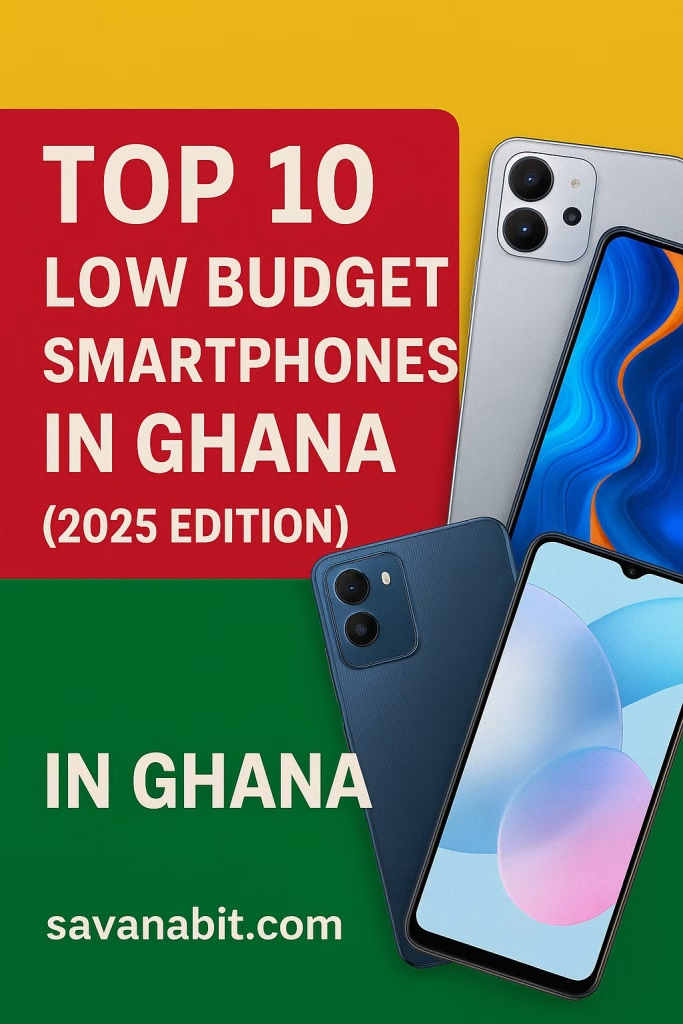Ghana’s Fintech Boom – Opportunities and Risks in Africa’s Fastest-Growing Market
Ghana’s fintech sector is moving from promise to scale. Mobile money and payment startups are changing how people pay, save, and borrow. Investors are looking. Regulators are acting. Everyday businesses in Accra, Kumasi, Tamale, and Takoradi are adjusting to a new financial reality.
This article explains what is happening, why it matters locally and regionally, and how companies and founders can respond. I cite recent data and official guidance so you can act with clarity.
The current landscape: mobile money is the backbone
Mobile money is the most visible sign of fintech’s advance in Ghana. Millions of Ghanaians use wallets for daily commerce, bill payments, and person to person transfers. Transaction volumes and values have continued to rise across 2024 and 2025, with mobile money platforms now handling billions of cedis in annual value. These services are not confined to the big cities. Rural markets and informal traders are using mobile wallets to move value when banks are inconvenient or unavailable. GSMA+1
Two realities follow from this growth. First, payment rails are becoming the basic financial plumbing for a wide range of services. Second, control over those rails gives firms significant market power. This explains why telecoms, banks, and fintech startups all race to capture wallet users, agent networks, and merchant integrations.
Beyond payments: the rise of lending, insurance, and cross-border services
Fintech in Ghana no longer means only transfers. Digital lenders, microcredit apps, and savings tools have emerged to serve gaps in household finance. Digital insurance is growing slowly but steadily, targeting health, agriculture, and microenterprise risks. Cross-border payments and remittance services are also expanding as intra-African trade grows.
These products extend financial access for many consumers. They also introduce new risks. Credit scoring is often built from alternative data. Underwriting models that work at scale require careful testing and oversight. For companies that get product-market fit right there is high upside. For those that cut corners on compliance or risk management, losses can mount quickly. ICLG Business Reports+1
Regulation catching up: what the Bank of Ghana and agencies are doing
Regulation used to lag practice. That is changing. The Bank of Ghana has updated guidance and licensing frameworks for payment and financial technology service providers. Regulators are also tightening rules for digital lenders and virtual asset service providers. The intent is to create responsible, transparent markets while protecting consumers. Expect higher entry standards, licensing fees, and clearer operational rules in the coming months.
This shift carries two implications. First, startup founders must treat regulation as a design constraint rather than a hurdle to handle later. Second, stronger oversight makes the market more attractive to institutional investors who demand compliance and predictable legal risk.
Identity and KYC: the Ghana Card and real-time verification
A major enabler for safe digital finance is a trusted identity system. Ghana has pushed integration of the Ghana Card into financial services. Real-time biometric verification and the National Identification Authority’s services are now central to KYC processes. This reduces fraud and simplifies onboarding for legitimate users and for businesses that must meet know-your-customer rules. Bank of Ghana+1
Expect to see more use of the Ghana Card for payment authentication and for the rollout of digital wallets tied to national identity. This will improve acceptance among banks and regulators and will help fintechs scale with less friction. Biometric Update
Cybersecurity and fraud: the persistent threat
Where transactions grow fast, fraud follows. Phishing, SIM swap attacks, social engineering, and account takeovers are common attack vectors in Ghana and across the region. Mobile money agents and merchant endpoints are also targets. For users, the risk is loss of funds and trust. For providers, the risk includes reputational damage and regulatory sanctions.
Practical steps matter. Stronger authentication, agent training, transaction monitoring, and real-time fraud detection reduce losses. Companies must invest in security operations, not as an afterthought, but as part of product roadmaps.
Market opportunities for entrepreneurs and investors
Many parts of the value chain remain open.
Agent network management. Tools that help manage thousands of agents and their float could generate recurring revenue.
Risk and credit scoring. Alternative data models that combine transaction data with phone and behavioral signals can expand affordable credit.
SME payment and accounting stacks. Small businesses in Accra and regional cities need integrated payment, bookkeeping, and invoicing systems.
Cross-border remittances. Cheaper, faster remittance rails between Ghana and trading partners will capture both retail and business flows.
Regtech and compliance-as-a-service. Firms that simplify AML and KYC for startups will find steady demand as licensing rules harden.
A focused strategy that pairs local market knowledge with disciplined product development will perform better than an attempt to scale quickly without operational controls.
Risks that can derail growth
Regulatory shocks. New licensing rules and capital requirements may raise costs for small fintechs. Firms that rely on light compliance will face pressure. Techpoint Africa+1
Currency and macro risk. Sudden exchange rate movements can affect remittance values and investor returns.
Data privacy and misuse. Users trust platforms with sensitive financial and personal data. Missteps will invite fines and user churn.
Market concentration. Telcos and big banks that control distribution and agent networks can crowd out smaller innovators if competition is weak.
Operational risk. Poor collection practices, weak underwriting, and brittle infrastructure can push lenders into losses.
Entrepreneurs must map these risks, build contingency plans, and design products that can survive tougher regulation and market stress.
What incumbents and startups should do now
For startups
Prioritize compliance and hire people who understand Ghana’s Payment Systems and Services Act and related guidance.
Design for cash liquidity at agent level. Many rural and peri-urban markets still rely on agents for cash-out.
Invest in customer education. Clear user flows and dispute channels reduce fraud and improve retention.
For banks and telcos
Partner with specialist fintechs rather than attempting to do everything in-house. Partnerships can drive faster product innovation.
Upgrade fraud detection and monitoring platforms. The cost of prevention is usually lower than the cost of reputational repair.
For investors
Focus on business models that show unit economics and compliance readiness. Regulatory risk is real and it changes valuation timelines.
Look for founders with local distribution plans. Ghana’s regional cities will be critical growth areas.
Case study snapshots
MTN Mobile Money. Its continued investment in agent networks and value added services shows how telco-backed wallets can scale usage across urban and rural Ghana. This scale also puts pressure on competitors to offer integrated services and APIs. MTN Group
Digital lenders. The regulatory environment has tightened. Expect licensing and capital requirements to reshape the small digital lending players toward consolidation or formalization. WeeTracker+1
How this shapes the future of commerce in Ghana
Payments are the entry point for a broader digital economy. As wallets, merchant services, and credit products mature, they create a foundation for B2B platforms, payroll solutions, and e-commerce. The integration of the Ghana Card and digital identity will reduce fraud and improve access to financial services for small businesses across regions.
If Ghana maintains predictable regulation and invests in digital infrastructure, the country could be a regional model for responsible fintech growth.
Practical checklist for founders and SMEs in Ghana
Register and understand your licensing requirements early. Review Bank of Ghana notices and the Payment Systems and Services Act. Bank of Ghana+1
Use Ghana Card based eKYC to smooth onboarding.
Build basic fraud detection and train agents on security hygiene.
Track unit economics per customer cohort. Investors will demand this.
Prepare for compliance audits and reporting. Documentation must be part of operations, not an afterthought.
Conclusion
Ghana’s fintech boom is real and it touches every layer of business. Mobile money has moved the country forward. New products are filling gaps in credit and insurance. Regulation is catching up and identity systems provide a stronger foundation for scale. The next phase will favor companies that pair product focus with operational discipline and a clear view of regulatory requirements.
For entrepreneurs, the market holds meaningful opportunity. For investors, it offers growth with rising regulatory clarity. For users across Accra, Kumasi, Tamale, and Takoradi, it promises easier access to financial services. The test will be whether the ecosystem can balance speed with safety.
#MTN MoMo #Ghana fintech 2025 #fintech opportunities Ghana #Bank of Ghana fintech regulation








Pingback: GJA Raises Alarm Over Cybersecurity Amendment Bill’s